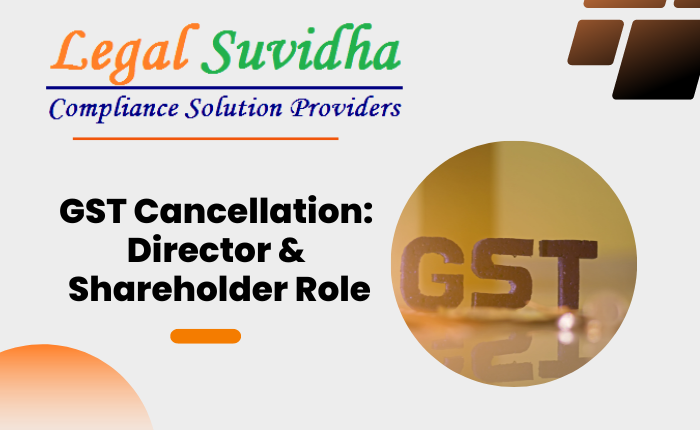India’s Goods and Services Tax (GST) made a significant impact on how the country manages its taxation system when it was introduced on July 1, 2017. Before GST, India had a complicated system with various indirect taxes like excise duty, Value Added Tax (VAT), and service tax, all operating separately. However, with the advent of GST, this complex web of taxes was replaced by a comprehensive, multi-stage, destination-based tax structure. This change aimed to simplify the tax system, making it more transparent and efficient for both businesses and consumers. To initiate GST cancellation, specific conditions must be met, and the relevant GST authorities must be duly notified.
- Despite the simplification, businesses are still required to adhere to certain compliance procedures.
- Nevertheless, there are instances when a business may need to reverse its GST registration, effectively canceling it.
- Such a situation may arise when a company ceases its operations, undergoes significant changes in its activities, or no longer meets the criteria necessary for GST registration.
- Canceling GST registration relieves the business from the associated compliance obligations, including the filing of tax returns, maintenance of records, and the payment of taxes.
- To initiate this cancellation process, specific conditions must be met, and the relevant GST authorities must be duly notified.
The roles and responsibilities of the directors and shareholders of a company become highly significant in the context of GST cancellation. Let’s take a closer look at their respective duties and contributions:
Roles of Directors in GST Cancellation:
1. Compliance Management: Directors are tasked with ensuring that their company fully complies with all GST laws and regulations. This includes verifying the company’s GST registration and ensuring that all necessary tax returns are filed accurately and on time.
2. Decision-Making Authority: Directors actively participate in the decision-making process regarding GST cancellation. This involves a comprehensive assessment of the reasons necessitating cancellation, an evaluation of its potential impact on the company’s operations, and engaging in discussions with shareholders to arrive at an informed decision.
3. Communication with Authorities: Directors play an important role in notifying the relevant GST authorities about the company’s intention to cancel its GST registration. They are responsible for ensuring that all procedural requirements are met and that all required documentation, paperwork, and supporting materials are submitted appropriately.
Roles of Shareholders in GST Cancellation:
1. Voting Rights: Shareholders have the authority to vote on matters related to GST cancellation. They must exercise their voting rights judiciously, taking into consideration the potential implications of cancellation on the company’s operations, financial health, and future prospects.
2. Effective Communication: Shareholders are responsible for conveying their opinions, concerns, and perspectives to the board of directors and other stakeholders involved in the GST cancellation process. By actively participating in discussions and providing valuable feedback, shareholders ensure transparency in the decision-making process.
In summary, the GST cancellation process offers registered companies the flexibility to revoke their GST registration when deemed necessary. Directors shoulder the responsibility for ensuring compliance with GST laws, making informed decisions about cancellations, and effectively communicating with stakeholders. Shareholders, on the other hand, contribute to the decision-making process through their voting authority and play an important role in fostering transparent communication. By fulfilling their respective roles and responsibilities diligently, directors and shareholders can facilitate a seamless GST cancellation process while effectively managing tax-related obligations and ensuring the continued financial health of the company.
If You have any queries then connect with us at [email protected] or [email protected] & Contact us & stay updated with our latest blogs & articles










